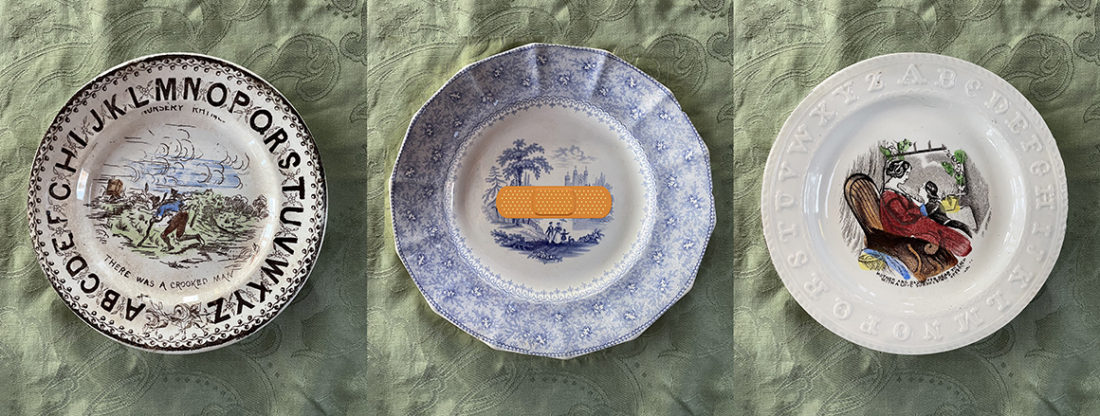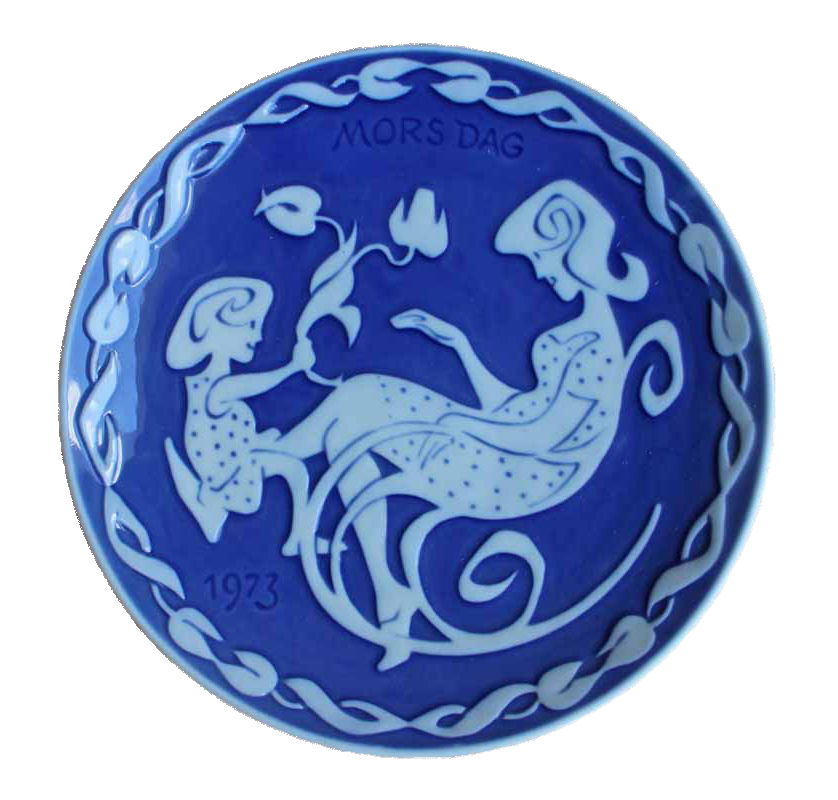Friends:
I think now is a great time to start maintaining a journal if you don’t already. Write down what this feels like, what your days look like, the kids at home, the lines at the stores, the empty freeways and buses. This is what will be original source material when we are looking back at this period of our history and trying to decipher what happened.
-Your friendly neighborhood historian.
I post this on Facebook two days after the kids’ school moved to online, three days after I left my office for the last time. I mean it, and mean to do it myself, but also:
“Never write about the snow when it’s snowing.”
Which is a thing I heard in a creative writing class once. It is really really snowing.
***
I take the kids hiking everyday or every other day or at least once a week. My husband will not join us, so I pile them into the car and drive them to our favorite trailhead.
“I want to go home.”
“Just a few more bends -”
“We can’t go home yet. We need to get to The Tree.” Melora falls to her knees in the middle of the trail. She is used to losing arguments so doesn’t start off slow.
“I want to go -” Milo is cut off by his sister’s scream. She leans into it, wordless and piercing. He blinks, tucks his chin into the neck of his hoodie. We continue.
The tree is the destination. Only a quarter mile from the trail head, but this is what I accept as hiking now. Arching above a dry creek bed, they can creep across the horizontal trunk, drop down to the leaves and rocks below. Melora climbs, pulls her mask below her chin once she is far enough away from the trail.
“I want to go home.” Milo’s voice is muffled behind his mask.
“I know, boo. Just give her a few minutes.”
“No,” she yells from midway across the creek.
I look closer at Milo; he is pale and clammy. I rest a hand against his cheek. “You okay?”
“I want -”
“I know, but-” I break off as he crouches down at the edge of the trail. “Okay, soon.”
“No!” Melora pushes herself to standing at the center of the tree. This is daring for her; usually she only sits or crawls. “I want to stay.”
“Mel, come on. Your brother doesn’t feel well.”
“We always do what he says, I never -” She wobbles and drops to her knees again. Milo watches her, eyes anxious. He pulls up his hood, despite the spring warmth, despite the sweat making his hair stick to his face.
A couple passes us on the trail, not wearing masks. Milo hunches further into himself, and I try to telegraph a smile with my eyes.
“Mama,” Mel is strident, “can you come up here with me?”
“Oh no, I’m too big -”
“You’ve done it before.”
“You have,” whispers Milo. “Can we go home yet?”
“Do you want my car keys? You can hike back-” He is already shaking his head.
“Mama!” She is standing again.
I look from one to the other, torn between the kid exhibiting risky behavior and the one having a panic attack. Another hiker passes us, and Milo flinches again.
“Five more minutes.”
“It’s not fair!”
“Melora.”
“Sometimes things aren’t fair, Melora,” he whisper shouts, biting into her name. “Sometimes you don’t get your way.”
She can’t hear him but gets the gist. At least she sits down before shrieking again.
There are words for these moments – vasovagal, oppositional. I know the words, but they don’t help me know the right thing to do.
“Four minutes.”
***
At night, I do not sleep. I check out the maximum number of ebooks from the library, send them to my kindle. The only way I can fall asleep is if I slip sideways into it, if it catches me by surprise, between sentences in my book. But it never lasts, and I am wide awake every night at 2am. My husband, after four years of insisting our little dog sleep in her crate next to the bed, suddenly relents, and she wiggles up between us, spooning happily with him as if it were her right. Our cats share my pillow with me, one wrapped around the top of my head and one curled against the back of my neck. They all sleep through the night.
And slowly, the kids climb in as well. Melora wakes crying and stands next to my side of the bed, “Mama, a nightmare.” She crawls under the covers, pressing her knobby spine to my stomach, cold feet braced against my knees. We have slept like this since she was an infant. Even as her legs grow longer, she keeps her feet rooted against the tops of my knees. Some nights I imagine us in a pool: if we were both to straighten our legs now, she would be airborne.
Later in the night, Milo arrives too, without announcing himself, tugging the blankets from the foot of the bed, wiggling up from the bottom. And I doze, dreaming that we are at sea, tossed around on a lifeboat. Together on this lifeboat.
***
Writing is impossible. I drag a partially filled notebook off my shelf, but find my fingers are out of practice; they do not know how to hold a pen anymore. I open a new document in google drive and write a description of the morning’s failed hike. I send it to my writing partner, who replies almost immediately, “Too soon. I can not read pandemic writing yet.” I stop trying to write. Instead, I take pictures of the kids on our walks, I take pictures of bread, I take pictures of fancy coffee from the internet, I take pictures of vegetable starts, before I kill them on accident.
***
We armor up. Because we never go anywhere, putting on hard pants feels protective. Milo adds a sweatshirt and a hat; extra layers between himself and the world. I give us both freshly washed cloth masks, but at the entrance of the medical center, they give us surgical masks and I tuck ours into my purse. They give us hand sanitizer and ask us which department we are going to. In the radiology waiting room, half the chairs are roped off, and Milo careens into one on the opposite side of the room from me.
When the tech calls his name, he hops up, chats easily with her as we follow her back to the exam room. I marvel at him, this charming persona that emerges away from home. In the exam room, he removes his shirt and lies down. I can see his ribs poking through his translucent skin from across the room. The tech places electrodes on his chest and turns on the EKG.
“Oh,” she says softly, glancing quickly at me when she registers his heart rate – 170 beats per minute as he lies there, discussing his pet cats. Before we leave, with new electrodes taped to his chest and a tiny crossbody bag holding his 24 hour heart rate monitor, she pulls out her phone to show him pictures of her cats.
***
When Milo and Melora refuse to hike with me, I run by myself. July mornings in Oakland are cool; my runs stretch out, one hour, two hours running trails in the hills. I know that this is unsustainable, but I push myself further, take unexplored loops off the main trail. I know that work will resume; I know that school will resume; I know the world will resume.
The trail ascends, rutted and rocky, with loose scree and sections of smooth slippery shale, patchily shaded by eucalyptus and bay laurels. The sun is a weight on my neck, on my shoulders and sweat collects under my cap, slides down my cheeks; but if I look west across the bay, I can see the banks of summer fog at the coast. I slow down in the shade, breathe in the cough drop comfort of the eucalyptus. The trail descends, and I speed up, the downhill momentum scratching the itch to run faster, to leap over ruts, to create a breeze to cool me off. The constant ongoing debate in my head: how do I let Milo return to the world? Do we opt for the surgery his cardiologist has recommended? Who has elective surgery in the middle of a pandemic? Is it elective if it keeps your child’s heart from imploding?
Ahead, a bicyclist is stopped on the trail, and I slow down, fumble with my neck gaiter, pull it up over my mouth and nose before I get within breathing distance of him. The sunlight streams through the trees, creating shafts of dusty illumination; the trail is hard to read as I move from sun to shade to sun again. And I catch a foot on a tree root, go sprawling onto the dusty trail, feel the dirt settle into mud across my sweaty legs and arms. I lie for a moment, then pull myself up, collect the hat and sunglasses knocked off in my fall, and examine the gash on my knee, as large as an orange, blood mixing with dirt in a rivulet down my shin. I laugh, because I have to, and am grateful that I am out of view of the bicyclist, of anyone else, and grit my teeth: “Two miles back to the car: you can do it.”
***
Milo discovers online voice calls and suddenly the void he’d been living in is filled with Minecraft and Roblox, with friends who live half a mile away but who he hasn’t seen in four months. My beautiful boy, sparkling with miswired neurons and misfiring atrial impulses, spends his days on the computer happily yelling at friends through the internet; soon he will not go outside.
What works for him does not work for Melora; her friends are younger, neurotypical, do not have the native online skills that his friends do. They do not want to play video games for hours with her. My beautiful girl, emotive and passionate and fierce, spends her days furious with us that she cannot be with her friends.
I am furious too, I want to tell her. I want to rage like she does, sob like she does, lash out. Instead, I breathe. On days when I can do nothing to fix it all, I wrap my arms around her. I turn on the sprinklers in the yard. (I call the cardiologist.) I teach her how to make cookies. (The appointment gets scheduled much quicker than I expected.) On days when none of us can’t take it anymore, we all pile into the hammock and pull the woven sides up around us.Their lanky arms and legs stick to me, damp from the heat. I can feel their heartbeats against my chest.
I can feel their heartbeats inside my chest.
Kara is currently working on her first collection of short stories.

